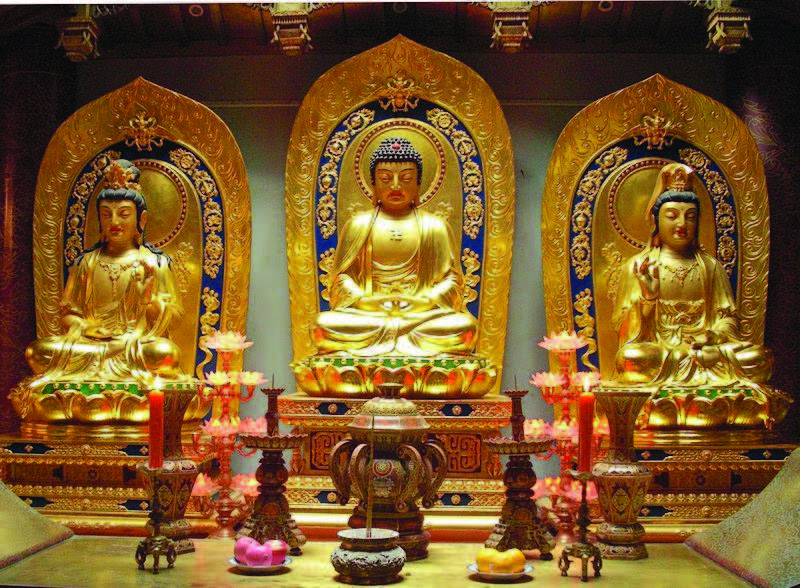
Pure Land Buddhism is the latest religion to face banning by the Chinese Communist Party (CCP), reports Deng Huizhong in the online newsletter Bitter Winter (June 17). In May in Jilin province, the police interrogated followers of Buddhist Master Jingzong of Hongyuan Monastery, which is located in Xuancheng, Anhui province. Police told devotees that the teachings promulgated by Master Jingzong were xie jiao (“heterodox”), and that his group and the so-called “Hongyuan Method” would be banned in Jilin. The followers were taken aback by the banning since Jingzong publicly teaches in Xuancheng’s Hongyuan Monastery, which he built from 2004 to 2007. This monastery has not been closed by the authorities, as would be the case if it had been classified as xie jiao. Huizhong writes that it might be thought that “overzealous police are at work in Jilin, if it was not for the fact that Bitter Winter has also learned that the government-controlled China Buddhist Association is sending to ‘friends’ abroad a list of Buddhist masters whose teachings are xie jiao, and Master Jingzong of Xuancheng is included.”

Amitabha Buddha with his attendants Avalokitesvara Bodhisattva, and Mahasthamaprapta Bodhisattva. Hangzhou, Zhejiang province, China (source: Tengu800, 2011 | Wikimedia – Creative Commons CC0 1.0 Universal Public Domain Dedication).
Huizhong adds that followers are convinced that there are ulterior motives behind the criticism of Master Jingzong. One factor may be that Jingzong’s own master, Master Huijing, besides being an internationally respected Pure Land teacher, is from Taiwan. Another factor is that the Pure Land network is fiercely independent and difficult to control for the China Buddhist Association. Buddhist scholar Edward Irons notes that Pure Land groups were never formally included in the national list of the xie jiao. However, since they have been denounced as a xie jiao in 28 different cities and provinces, usually with the designation “under instruction from the central leadership of the CCP,” Irons regards the group as in fact part of the list of the xie jiao. He adds that “the various Pure Land Associations constitute in effect a network that is too well-organized and uncontrolled to be allowed to continue.” Already in 2011, one of the largest Pure Land groups, the Pure Land Learning Association, founded in Taiwan in 1984 and incorporated in its present form in Australia in 2001 by Master Jingkong, was banned in China.
(Bitter Winter, https://bitterwinter.org/pure-land-buddhism-under-attack-in-china/?)